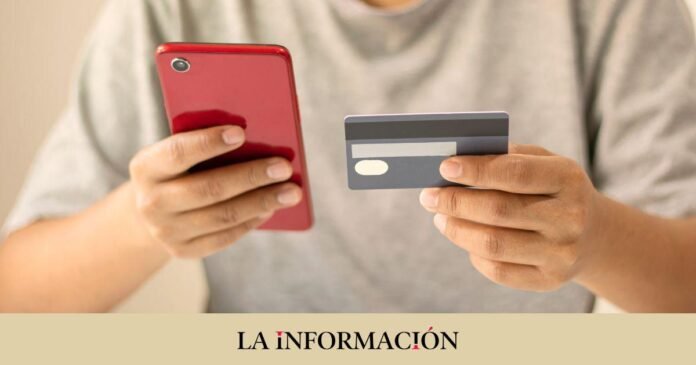Protecting our digital identity has become a priority in the age of technology in which we live in Spain. The vast amount of personal information we share online, from basic data to financial information to intimate details, can make our identity vulnerable to cybercriminals and scammers. Hence the importance of knowing what advice to follow so as not to put privacy at risk.
Recommendations for safe browsing
One of the first steps we should take to protect our identity online is to use strong and unique passwords for each account. It’s tempting to use easy-to-remember passwords, but this also makes them more vulnerable to attack. It is best to opt for complex passwords that combine upper and lower case letters, numbers and special characters. In addition, it is essential to avoid using the same password for different services or accounts, since if a cybercriminal manages to access one of them, they would also have access to all the others.
Another important security measure is to enable two-factor authentication (2FA) whenever possible. This feature adds an extra layer of protection, as a second verification method, such as a code sent to our mobile phone, in addition to the password, is required to access our accounts. In this way, even if an attacker manages to obtain our password, it will be much more difficult to access our account without the second authentication factor.
Keeping our devices and applications updated is another key piece in protecting our online identity. Software developers release regular updates that include security patches to fix known vulnerabilities. Therefore, it is essential to keep our operating system, browsers and applications up to date to ensure that we are protected against the latest threats.
How to prevent your personal data from being stolen
It is also important to protect the Wi-Fi network in our home. Changing our router’s default password and using strong encryption, such as WPA2 or WPA3, will help keep out potential intruders. Additionally, we should avoid connecting to public Wi-Fi networks for sensitive transactions or activities, as these networks may be more vulnerable to attacks and spoofing.
Considering the use of a virtual private network (VPN) is another recommended measure to protect our identity online. A VPN encrypts our connection and hides our IP address, which increases privacy and security when browsing the Internet, especially when we are using public Wi-Fi networks or unsecured connections.
In addition to technical security measures, we must also be aware of our actions online and protect our privacy on social networks. Properly setting privacy on our accounts and limiting the personal information we share publicly is essential to prevent our identity from falling into the wrong hands. Fraudsters often collect personal information from social networks to carry out social engineering and phishing attacks.
What can you do to protect your digital identity?
In Spain, the protection of personal data is regulated by Organic Law 3/2018, on the Protection of Personal Data and guarantee of digital rights. This law establishes the principles and rights that govern data protection, as well as the obligations of the entities that handle personal information. In addition, there is the Spanish Data Protection Agency (AEPD), which supervises and ensures compliance with data protection regulations.
With the constant increase in cyber threats, it is essential to educate ourselves and stay informed about the latest techniques and security measures to protect our identity online. Cyber security awareness and training will help us recognize potential risks and avoid falling victim to scams or cyber attacks.
Protecting our identity online is a personal responsibility that requires common sense and technical measures. Using strong and unique passwords, enabling two-factor authentication, keeping our devices up to date, securing our Wi-Fi network, and using a VPN are some of the steps we can take to increase our security online.

